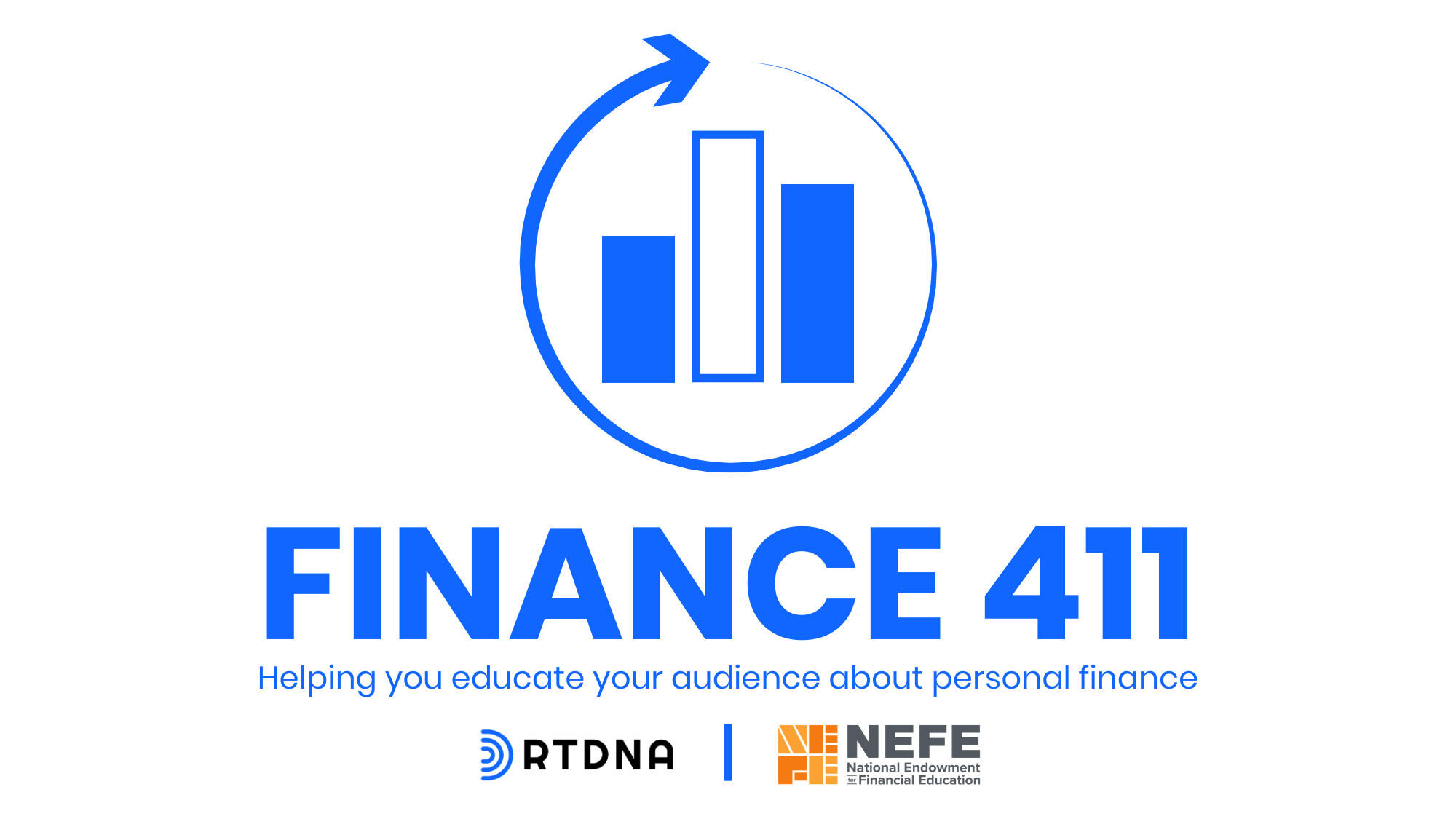Money Matters: Changes coming to Medicare during enrollment season

The Medicare open enrollment period is open from October 15 to December 7. This is the period when those eligible for Medicare can select their plans, and those already using the program can make changes to their plans.
It can be a challenge to navigate the complexities of the federal health insurance program, primarily for those 65 or older but also for some younger people with disabilities.
Medicare coverage can include several types of health insurance: Part A (which covers hospital or inpatient facilities), Part B (most similar to traditional health insurance) and Part D (prescription drug coverage).
These insurance plans are offered by private, government approved companies, some of which also offer “all in one” alternative plans called Medicare Advantage.
Medicare Advantage plans can help save money on premiums, out-of-pocket costs, and drug costs, but availability and prices vary based on location, and may not be as flexible.
It’s also important to note that those taking advantage of Medicare do not need to take any action if they do not want to change their plans; they will automatically renew.
There are some changes to available plans for 2020, including new rules about out-of-pocket costs, Advantage plans and prescription coverage. The changes are most likely to impact those enrolling in Medicare for the first time as some popular plans are being eliminated.
Seniors are likely being inundated with literature from insurance companies seeking to tap into the growing Baby Boomer insurance market. There are more options than ever as some restrictions on insurers were loosened this year, which can mean finding a better deal, but can also mean confusion among all the options.
How can seniors can caregivers navigate the changes? Medicare offers a Plan Finder, which has also changed this year. You’ll need to know the enrollee’s Medicare ID and, to check on medication coverage, you’ll need to access the old system first. Caregivers will need to fill out an authorization form.
The changes to the Plan Finder could make it more difficult for State Health Insurance Assistance Programs (SHIP) to help seniors with selecting plans.
Consumer reporters can help their audiences navigate the process. Consider talking to:
-
A new enrollee
-
A caregiver who is navigating the process for a parent
-
A senior housing facility’s staff
-
Your state’s SHIP or other senior assistance office
What are the unique challenges in your area? Where else can enrollees turn for assistance?
Add a reminder to your calendar to revisit the issue before the open enrollment deadline on December 7, too.
Weekly Money Matters personal finance content for your newsroom is sponsored by the National Endowment for Financial Education.
